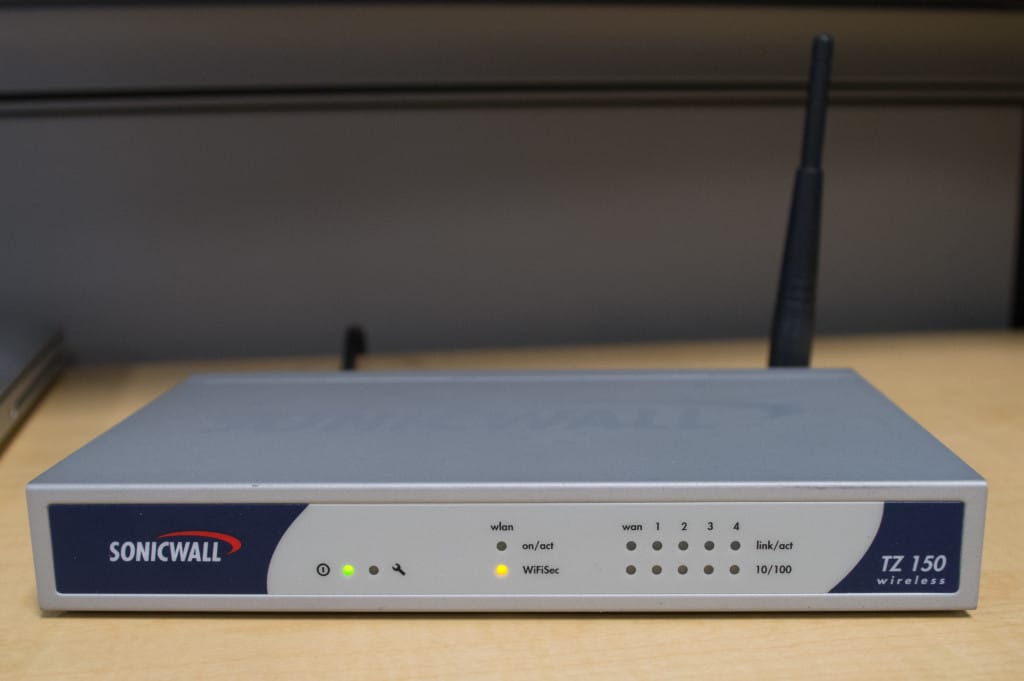
In the age of the Web of Things, experiencing an internet-outage in your headquarters can mean that every hour your servers are down, so is the productivity of your employees. After all, without any access to the internet, email, or your website, what work can get done? This is where backup ISP come into play.
When your entire Internet Service Provider (ISP) experiences an outage, that means you and your company do too (along with hundreds of other companies). You might be able to go to the Starbucks down the road to get internet access again, but unless you’re bringing your server with you, chances are you won’t have access to many of the data and programs you need to until your ISP is up and running again.
Investing in a backup ISP can easily save your company thousands of dollars in lost productivity. Sure, you can switch providers entirely; but, honestly, every ISP experiences outages (some more than others). Redundancy is not a fun word. It tends to leave a very bitter taste in your mouth. But ISP Redundancy isn’t bitter – it’s actually a pretty smart way to go.
There are two modes to ISP Redundancy:
1. Failover ISP Redundancy
Failover is when you have one ISP set as your primary, and the second is used only as a backup ISP. When the first experiences an outage, the second ISP is there to take over everything until the primary ISP can get up and running again. This saves you from lost productivity but wastes some of the potential benefit of having a second ISP, which you can take advantage of in the next mode.
2. Load-Balancing ISP Redundancy
This mode is a little more complicated, but it allows you to take full advantage of having two ISPs. Using load-balancing allows you to balance usage on which connection is best at that point-in-time based on multiple variables (that’s where it gets complicated). Your devices will determine which is best based on the set variables, so you don’t have to worry about Larry over in Accounting slowing down your webinar because he’s streaming Stranger Things on Netflix.
Logging Off
If you want to invest in a less expensive, slower backup ISP, then the first mode will probably work best for you. If you want to take full advantage of paying for a secondary ISP, then going with load-balancing is the way to go. Both modes will save you from experiencing the outage pains and should be chosen based off of the needs of your company and the complexity into which you’re willing to go. Remember, it never hurts to have backups for everything.
About the Author – Steve Hopkins is a Support Professional and Team Lead at Rocket IT. Steve and his wife are growing their family through adoption. They have already adopted two sons.
















